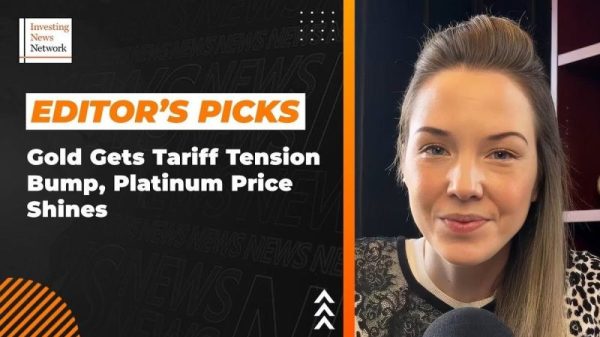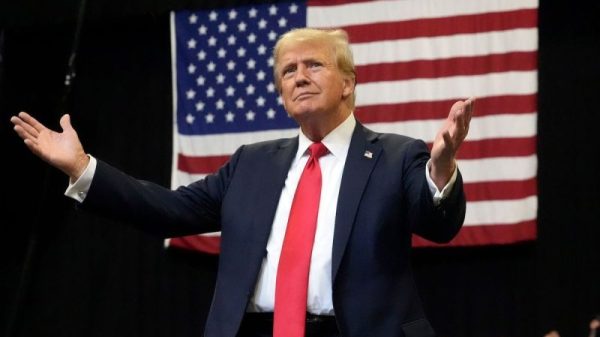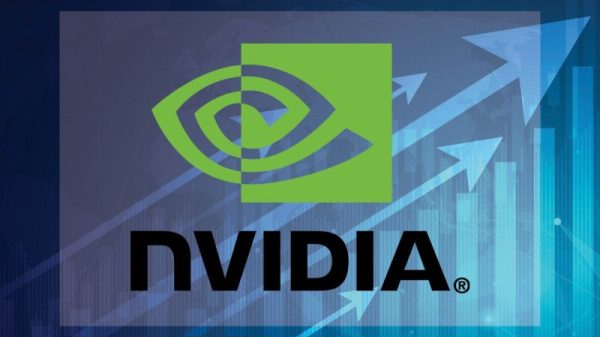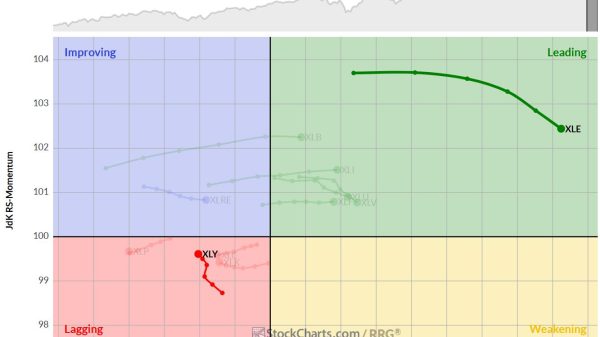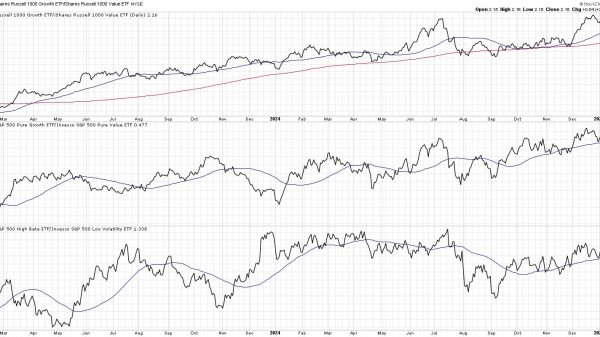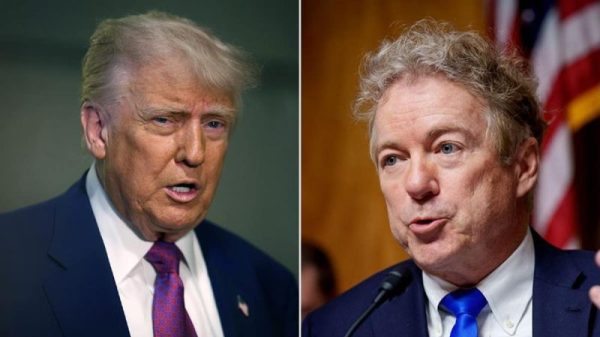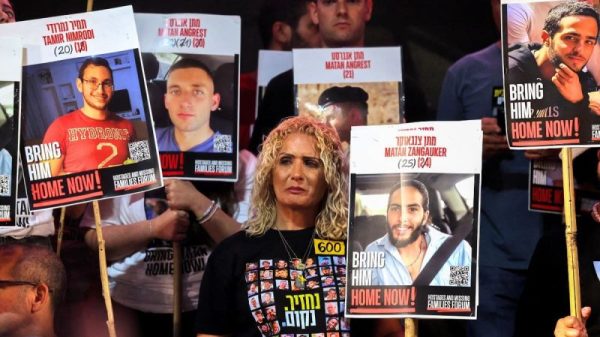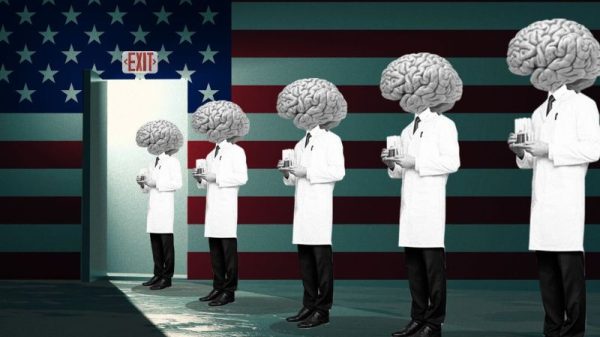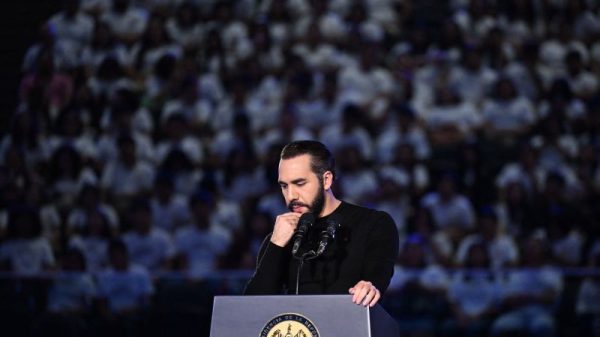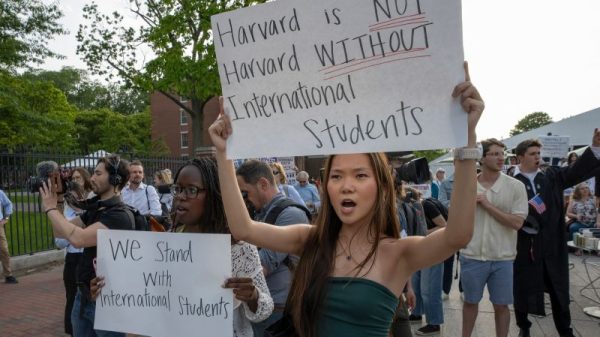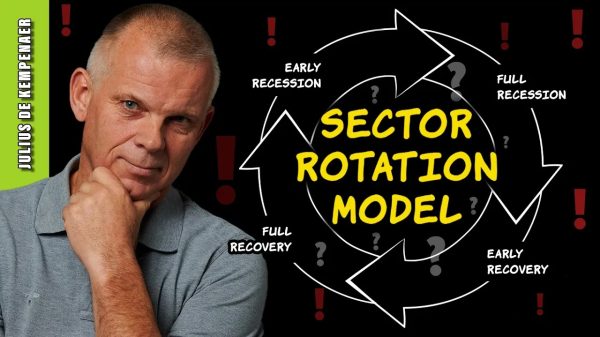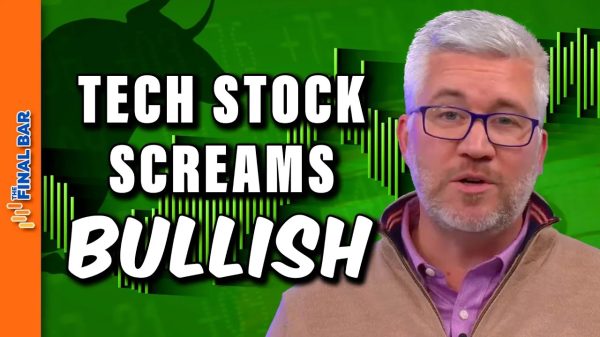To hear Karl Marx and those he influence tell the story, history is the story of class struggle. Under capitalism, the struggle is between the capital-owning, exploiting bourgeoisie and the capital-less working class. The heartless and brutal exploitation was curbed, if not ended, when progressive, forward-thinking activists enacted workplace safety regulations, minimum wages, and other rules protecting the hapless workers from their heartless exploiters.
These rules emerge from a more complicated reality. Minimum wages and workplace regulations protect some people, alright, but not the workers. Instead, these rules protect anyone who provides a substitute for the labor that workers bring to the table.
Beneficiaries of the minimum wage include workers who face much less competition. The moving company Two Men and a Truck might be “Three Teens and a Truck,” if minimum wages and workplace safety regulations didn’t make teen labor more expensive and, therefore, less attractive. Maybe the moving company Two Men and a Truck would be “Four Teens and Two Smaller Trucks,” but regulations and price controls make that business unprofitable. Consumers have fewer choices, and fewer jobs are available.
The beneficiaries also include companies that make and program ordering kiosks and apps for fast food restaurants. As Jacob Vigor has crucially pointed out in an episode of EconTalk about the Seattle Minimum Wage study, once a labor-saving technology has been developed for one area, it can be rolled out to other areas pretty easily. Higher minimum wages in Seattle and San Francisco means coffee shops and fast-food places must find substitutes for now-unaffordable labor, like apps and ordering kiosks. Once they’ve solved the problem in markets like San Francisco and Seattle, there’s no reason not to bring the Starbucks app to Alabama, which does not have its own minimum wage above the federal minimum wage (which has basically been rendered non-binding due to inflation, in any case), just as well as it works in California and New York where minimum wages are much higher.
A fast-food “worker” in Las Vegas, Nevada, where minimum wages are high enough to have teeth, is an ordering kiosk. One of the basic insights economics brings to any issue is that when things get more expensive, people search for substitutes. It’s true of steak and potatoes. It’s true of labor, as well. When lower-skill labor becomes more expensive, either through minimum wages, or work rules making it a dicey proposition to hire 14- and 15-year-olds (an experience we had with our older son this past summer), that gives people incentives to look around for substitutes. There are a lot of ways to skin a cat, and making low-skill labor more expensive induces people to use cat-skinning methods that use more capital and higher-skill labor.
As Thomas Leonard showed in his important book Illiberal Reformers, the early advocates of higher minimum wages and labor regulations knew that the rules would hurt the least-well-off among us, specifically immigrants and African-Americans (this gratis article also explains his argument). Minimum wages do not explicitly make it illegal to hire immigrants and African-Americans, but they make it more expensive. Workers who have been handicapped by lousy education and discrimination are not going to be profitably employable at higher wages, so minimum wages essentially push them out of the labor market. Progressive reformers were fine with this and thought it a feature of the laws, rather than a bug. South Africa’s Color Bar applied the same logic. “Rate for the job” laws – minimum wages – protected white South African workers from black competition and were a recurring theme in WH Hutt’s research on labor unions and labor markets. Hutt argued, specifically, that “rate for the job” laws were especially insidious because they looked like noble efforts to protect everyone from rapacious employers, but actually protected white miners from indigenous competitors.
Meaning well is not the same thing as doing good. Average voters who might think they are helping downtrodden, exploited workers might mean well, but they should realize that they are actually enriching higher-skill workers (who don’t need the help as much), software developers, and people who own shares in ordering kiosk companies.

